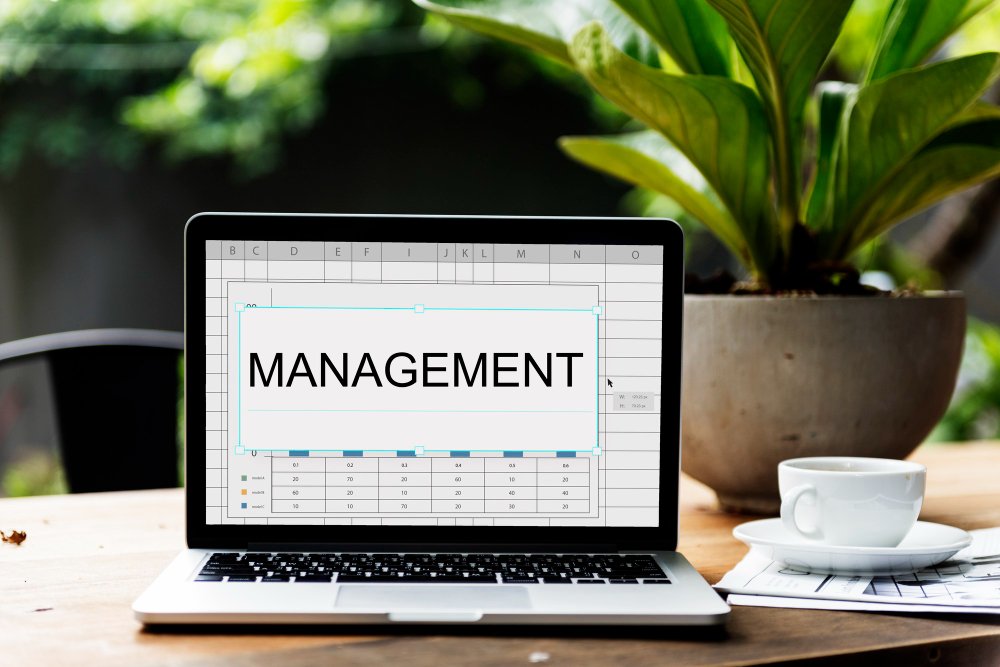Table of Contents
Management accounting and cost accounting fall under the realm of accounting that serves different purposes within a business organisation.
Although both these approaches are crucial for the entire decision-making process, when it comes to focuses or methodologies, there are quite a few differences.
Wondering what those are? Let’s find out.
What is Management Accounting?
Management accounting, also sometimes referred to as managerial accounting, can be described as the process of collecting, analysing and understanding the financial statements or qualitative information to understand the overall progress of a business. It is primarily used for internal purposes and involves creating reports or documents that enable the management to make better and well-informed decisions about the business performance.
The ultimate goal of management accounting is to maximise the profit and minimise loss for an enterprise. To achieve the same, it makes use of numerous techniques such as project appraisal, standard costing, control accounting and marginal costing, among others.
Overall, management accounting is an indispensable tool for organisations that wish to navigate through the complexities of business operations in an easy and hassle-free manner. By providing timely, relevant and forward-looking information, management accountants empower decision-makers to guide the organisation towards its strategic objectives.
What is Cost Accounting?
Cost accounting, as the name suggests, refers to the process of recording and analysing all costs related to a company. Similar to management accounting, cost accounting is primarily used for internal purposes by organisations to help them reduce spending.
From traditional bookkeeping input analysis to system development, cost accounting encompasses a wide range of activities that enable enterprises to create and measure business strategies in a much more organic way. By having a transparent view of all the costs that are usually associated with a business, management can identify ways to maximise both productivity and profitability.
A few of the many ways by which cost accounting can be used within an organisation include:
- Cost Controls – Cost accounting can be used to pinpoint any form of inefficiencies within business operations and apply the necessary improvements to control costs.
- Expansion Plans – Companies that wish to expand their product or service line can benefit from cost accounting, as it provides them with an overview of future capital expenditures.
- Financial Statements – Cost accounting can also be utilised for preparing financial statements.
Management Accounting vs Cost Accounting: Understanding the Difference
Now, that you have a clear understanding of the definition of cost accounting and management accounting let’s move forward to some of the many differences between these two fundamental accounting principles.
| Factors | Management Accounting | Cost Accounting |
| Application | Management accounting typically focuses on offering a big picture of how management should strategise. | Cost accounting is useful in preventing organisations from incurring costs beyond budget. |
| Scope | Management accounting has a broad scope and covers a wide range of financial and non-financial aspects. | Cost accounting is more specialised and typically focuses on costs associated with production and operations. |
| Measuring Grid | Management accounting uses both qualitative and quantitative techniques. | Cost accounting relies mainly on quantitative methods. |
| Sub-Set | Management accounting is a broad field. | Cost accounting is a more specialised field that falls under the domain of management accounting. |
| Regulatory Compliance | Management accounting is not subjected to external regulations or standards. | Cost accounting is subject to industry-specific regulations and standards. |
Management Accounting vs Cost Accounting: How are They Similar?
Management accounting and cost accounting, although distinct in their approach and functionalities, share some similarities, if not more, as they are both fundamental accounting principles. For example, both these disciplines involve the use of financial information to aid decision-making processes. While the former provides a broader perspective for strategic decision-making, the latter accounts for a more specific field typically revolving around cost-related information.
In fact, many organisations utilise an integration of management accounting and cost accounting, resulting in a comprehensive financial reporting system. It allows for a more holistic view of the organisation’s financial landscape.
The Bottom Line
Wrapping it all up, while management accounting and cost accounting do share some common roots in accounting principles, they diverge in their purpose, scope and applications. Cost accounting aims at reducing any form of extra expenditure and eliminating any unwanted costs. Management accounting, on the other hand, is useful for planning policies or strategy formulation, setting goals, and more. Nonetheless, both these approaches account for a vast amount of information on the basis of which various analyses are conducted. If you wish to learn more about the same or pursue a career in the vast field of financial management, do not forget to check out this Financial Analysis course offered by Imarticus Learning in collaboration with KPMG. In this four-month duration financial analyst certification course, you will get to explore all the intricacies of financial analysis. In addition to this, this financial analysis training course also brings forth several lucrative benefits, including unique real-world case studies, a comprehensive industry-approved curriculum, live online training, and more.

